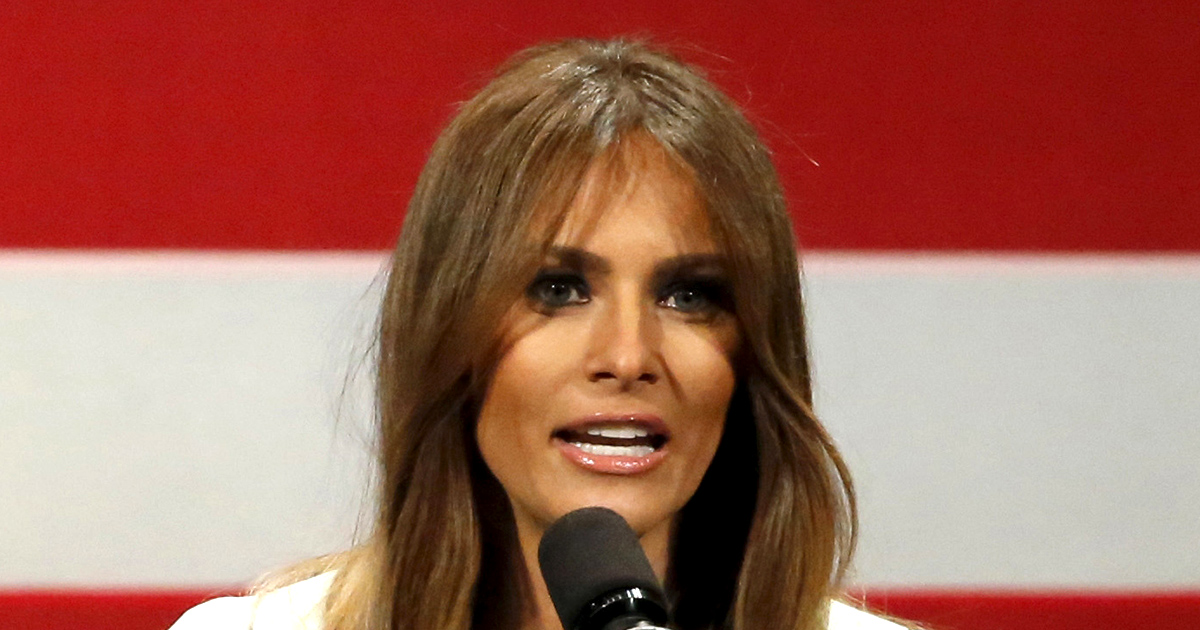Bullying Is Still a Major Problem and This Teenager's Death Proves It

By:
The suicide of 18-year-old Brandy Vela, who killed herself in front of her parents after experiencing relentless online bullying, shocked America early this month.
Now, multiple outlets are reporting that Vela is still being bullied online, even in death.
Brandy's father Raul Vela told CNN that a social media memory page for his daughter was swiftly flooded with cruel comments.
Raul Vela told CNN of the remarks:
"After a few minutes, either four people or the same person posting four times said some things harassing Brandy about being a big fat cow, writing 'you finally did it' with a picture of a gun, writing 'you're a coward,' 'you should have done this a long time ago,' some really horrific things."
"They're still harassing her, but she's no longer with us, so it's more like they're harassing me and my family," Vela told CNN.
A similar scenario played out after the January 2010 suicide of 15-year-old Phoebe Prince, who hanged herself after experiencing bullying at her school in Massachusetts. The New York Daily News reported in March 2010 that online tormentors continued to write cruel comments all over a social media page dedicated to her memory.
These stories draw attention to the issue of youth suicide, and the role that bullying could play in the decision to end one's life.
The Centers for Disease Control and Prevention (CDC) defines suicide as "a serious public health problem" and states that suicide is the third leading cause of death for people between the ages of 10 and 24. An August 2014 study published in the Journal of the American Medical Association found that people who were victimized by peers were more than twice as likely to have suicidal ideation and attempt suicide than their non-bullied peers.
Citing an August 2015 study published in the Children and Youth Services Review, PACER's National Bullying Prevention Center wrote on its site that there is a "strong association between bullying and suicide-related behaviors," but that other factors may play into this relationship. For example, the study results suggest that the "effects of traditional and cyberbullying victimization on suicidal thinking, suicide planning, and suicide attempts were mediated by violent behavior, substance abuse, and depression."
Bullying was a major talking point in the election.
The issue of bullying was addressed several times during the election, with Democratic candidate Hillary Clinton's campaign even producing an ad comparing Trump to bullies in famous films.
Melania Trump called out online bullying as one of the major issues facing America, and said she was committed to addressing it as first lady.
 Charles Rex Arbogast/AP - apimages.com
Charles Rex Arbogast/AP - apimages.com
"Technology has changed our universe," Melania Trump said in her November speech. "But like anything that is powerful, it can have a bad side. We have seen these already. As adults, many of us are able to handle mean words, even lies. Children and teenagers can be fragile. They are hurt when they are made fun of or made to feel less in looks or intelligence. This makes their life hard and can force them to hide and retreat. Our culture has gotten too mean and too rough, especially to children and teenagers. It is never OK when a 12 year old girl or boy is mocked, bullied, or attacked."
With nasty comments such a common aspect of online communication, identifying bullying can sometimes be difficult.
StopBullying.gov defines bullying as "unwanted, aggressive behavior among school aged children that involves a real or perceived power imbalance."
"The behavior is repeated, or has the potential to be repeated, over time," the definition continues. "Both kids who are bullied and who bully others may have serious, lasting problems."
Some experts say it is important not to label every unkind interaction or gesture as bullying, as the word bullying could lose its meaning if it is overused. Emily Bazelon, author of "Sticks and Stones: Defeating the Culture of Bullying," noted this at a 2013 New America NYC event she did with "Columbine" author Dave Cullen.
"If you define bullying as every fight and mutual conflict and every instance of someone being mean, you step away from what we know is harmful ... and I think also it makes the problem seem completely intractable," Bazelon said. "Because the word is colloquial, we throw it around all the time [and it] doesn't easily lend itself to being limited."
Cullen added that he thinks the word bullying "loses its effectiveness" when people apply it to too many types of negative behavior towards others.
